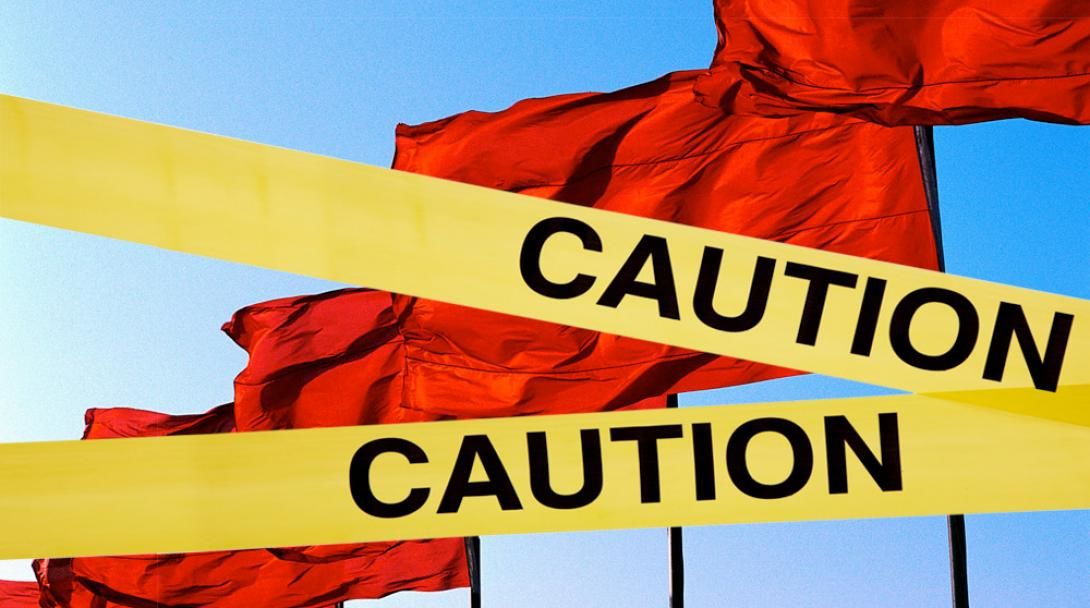There is significant evidence that women are the glue that hold their families, communities and even local economies together all over the world. What I find enlightening is that this impact is particularly keenly felt in emerging economies such as those in Africa, where women are drivers of growth and widespread financial inclusion – which has been a key message coming out at the Women’s World Banking Making Finance Work for Women conference here in Dar Es Salaam.
In fact, we have done research into this trend through our Mastercard Index of Women’s Entrepreneurship (MIWE) and found that female entrepreneurs in developing countries are driven by resilience, determination and the desire to provide for their families. Although the research was focused on only select markets initially, we learnt that women in these markets typically tap into local business opportunities that are not dependent on knowledge or innovation alone, effectively allowing them to avoid substantial financial, regulatory or technical constraints.
According to the index East Africa, specifically, shines in this area: the Index showed that Uganda has the highest percentage of female business owners in any of the 54 countries surveyed worldwide, with 34.8 percent of businesses in the country owned by women. What’s more, Uganda’s women boast a 100 percent entrepreneurial activity rate, 93.9 percent labour participation rate and 90.5 percent borrowing or saving rate for the purposes of opening a business.
Uganda’s neighbour, Tanzania – where many of us are currently gathered for the Making Finance Work for Women Summit – is also making notable strides in this area, with dedicated programmes like the UN Joint Programme on Youth Employment helping many of the country’s young women entrepreneurs hone their own skills and capabilities as well as generate employment opportunities for other young people.
Likewise, the Kenyan Government has made provision for 33 percent of Government jobs and procurement opportunities to be accessed by women. If we look at Nigeria, we also notice a high percentage of female entrepreneurship, with as many as 41 percent of the country’s women acting as entrepreneurs. This is notably higher than many developed countries like the USA where only 10 percent of women are entrepreneurs and France where a tiny three percent of women are entrepreneurs.
These examples serve to illustrate the sheer value of women entrepreneurs, and why it is critical to finance women-owned businesses and micro, small or medium-sized enterprises (MSMEs) in supply chains – and in Africa, in particular – in order to truly be able to generate the economic growth that is necessary at local, national and global levels.
Collective action required to support women entrepreneurs
Only through collective action can we hope to help bring vital cogs of development into formalised business processes as well as strengthen the overall ecosystem of vibrant and resilient women entrepreneurs. This has been a key focus area for us at Mastercard for many years now, not only at a global level but across the African continent, which we recognise as a breeding ground for smart and innovative female entrepreneurs.
In this vein, we have partnered and collaborated with organisations from across the spectrum of the public and private sectors to broadly empower the continent’s women and provide them with the knowledge and tools necessary to start and sustainably grow their own businesses. That included joining forces with African Women and Beyond (AWAB) in Kenya to launch the Africa Women Leadership Network (AWLN) last year to bring together like-minded women from various business sectors to tackle challenges facing women in East Africa, and more broadly across the continent.
In Nigeria, which is also a key growth market, we are starting to focus more on women empowerment. This includes our partnership with Mercy Corps to provide 2,500 girls with access to financial tools and entrepreneurship training.
Last year, together with UN Women, we signed a Memorandum of Understanding to bring more women into the formal financial fold and empower them through financial literacy training.
More than just enabling the country’s women to participate in formal financial activities through identity documents, we additionally partnered with the Youth for Technology Foundation to provide women entrepreneurs with the support and training they require to start and continue running their businesses.
Through the experience gained in the course of much of this work, we have noticed and learnt the importance of digitising operations and processes as a way of supporting women entrepreneurs. Practical examples of where we have introduced digital solutions that have considerably assisted women business owners of Micro, Small and Medium enterprises include Masterpass QR and 2KUZE.
Masterpass QR is our person-to-merchant, mobile-driven payment ecosystem that is in the process of being rolled out in 33 markets across Africa. It addresses challenges with the acceptance of electronic payments for MSMEs without the need for expensive point-of-sale (POS) infrastructure. These women merchants can effectively accept fast and secure payments for their goods through their smart or feature phones.
The 2KUZE solution was introduced specifically to streamline the value chain for farmers in Kenya and Tanzania, where agriculture is the economic backbone. It connects farmers, buyers and agents through both feature and smartphones and facilitates the entire transaction, removing the need for the country’s farmers to walk long distances to sell their produce at markets. As women play a critical role in the agricultural sector in these countries, it is a solution that has assisted them in running their businesses more efficiently.
Ultimately, what we can see is that when women are empowered through entrepreneurship and technology, they are able to make significant contributions to their economies. This makes it critical for us across industries and both the public and private sectors to band together and continue providing the financial and non-financial support these inspirational women require.
















